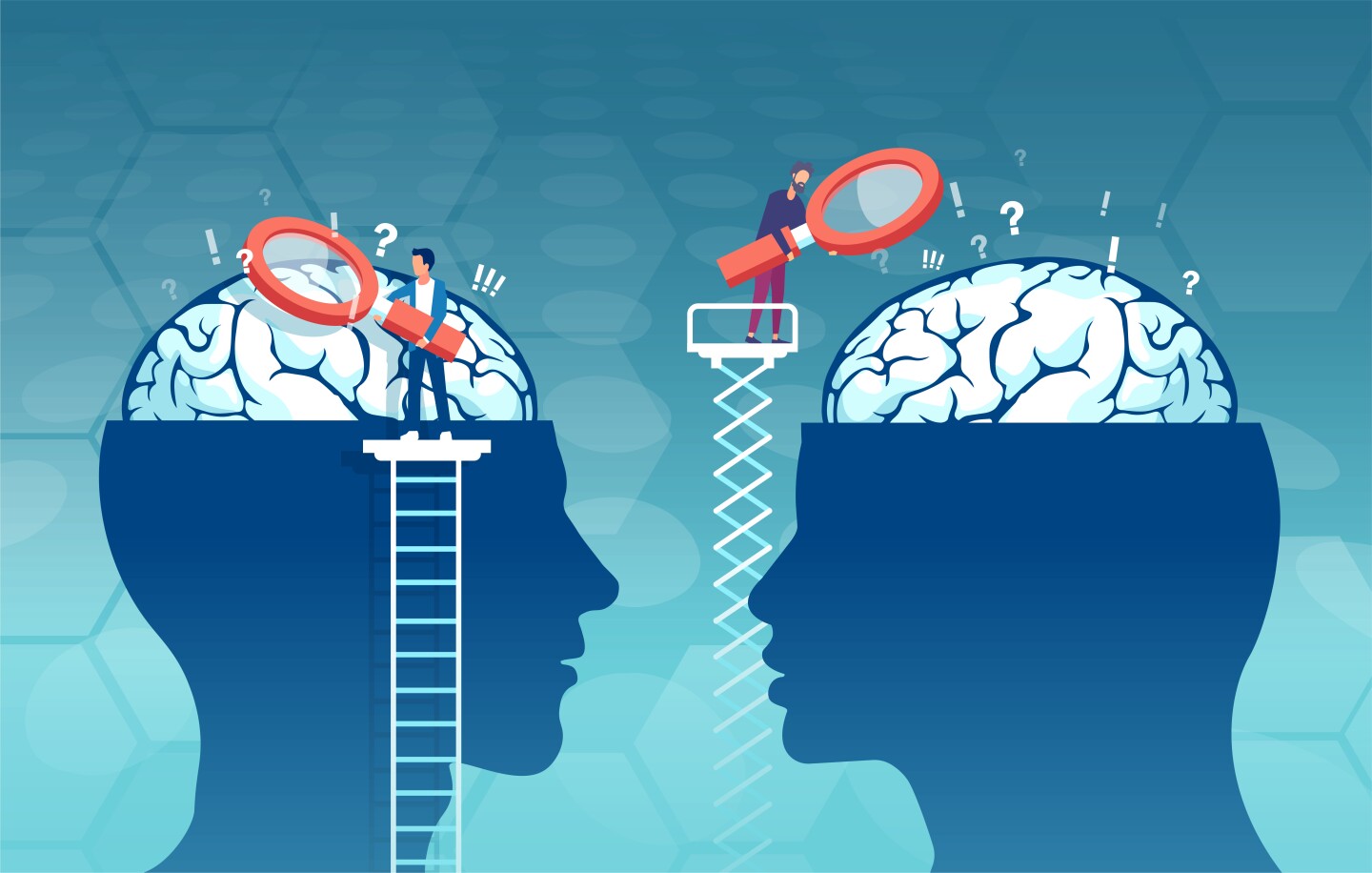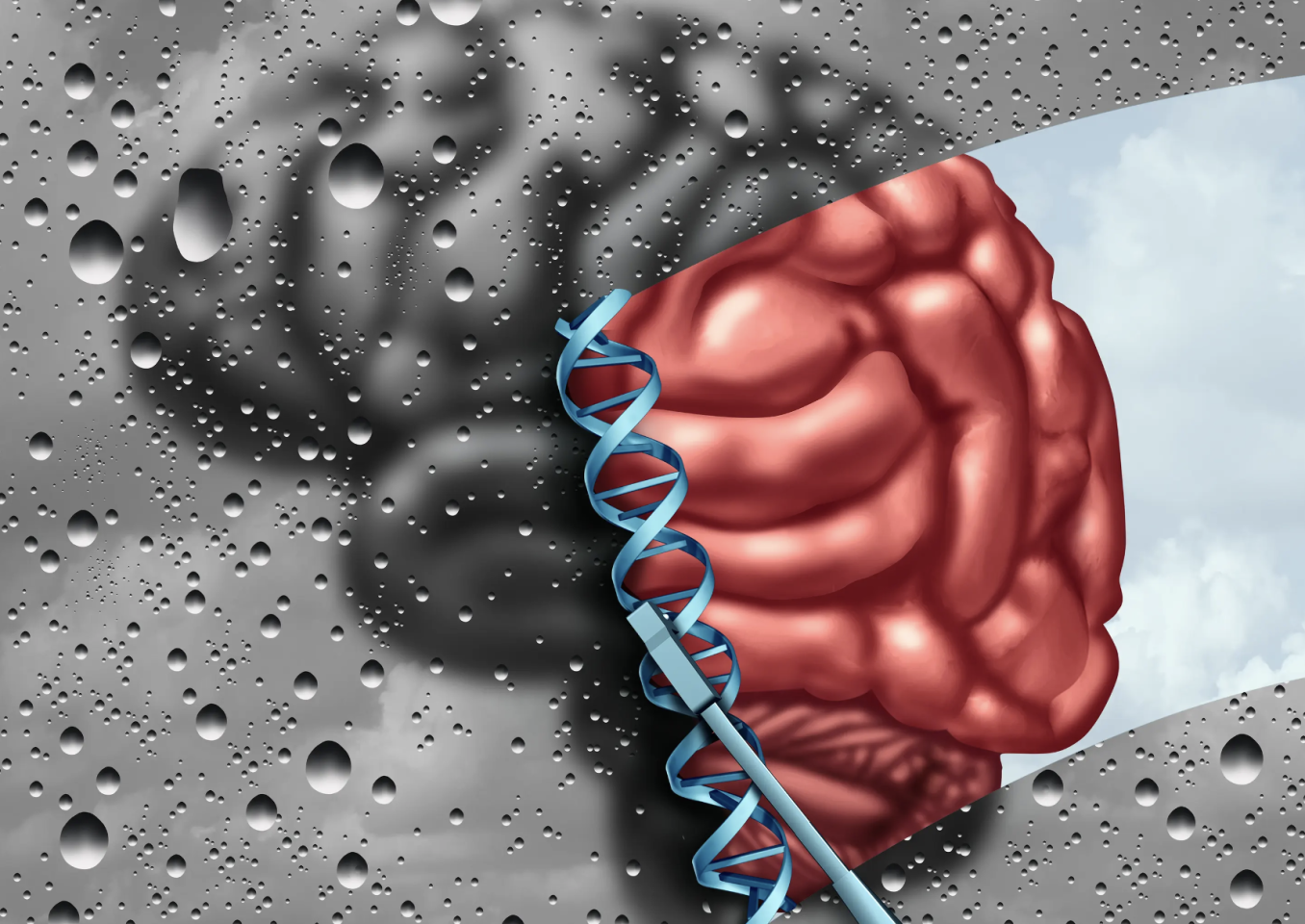ADHD affects connectivity across the whole brain, study confirms
Using neuroimaging data of nearly 12,000 participants, researchers have confirmed there is a need for a ‘whole brain approach’ to diagnosing, researching and treating attention-deficit hyperactivity disorder (ADHD).Continue ReadingCategory: Medical, Sc… Continue reading ADHD affects connectivity across the whole brain, study confirms


